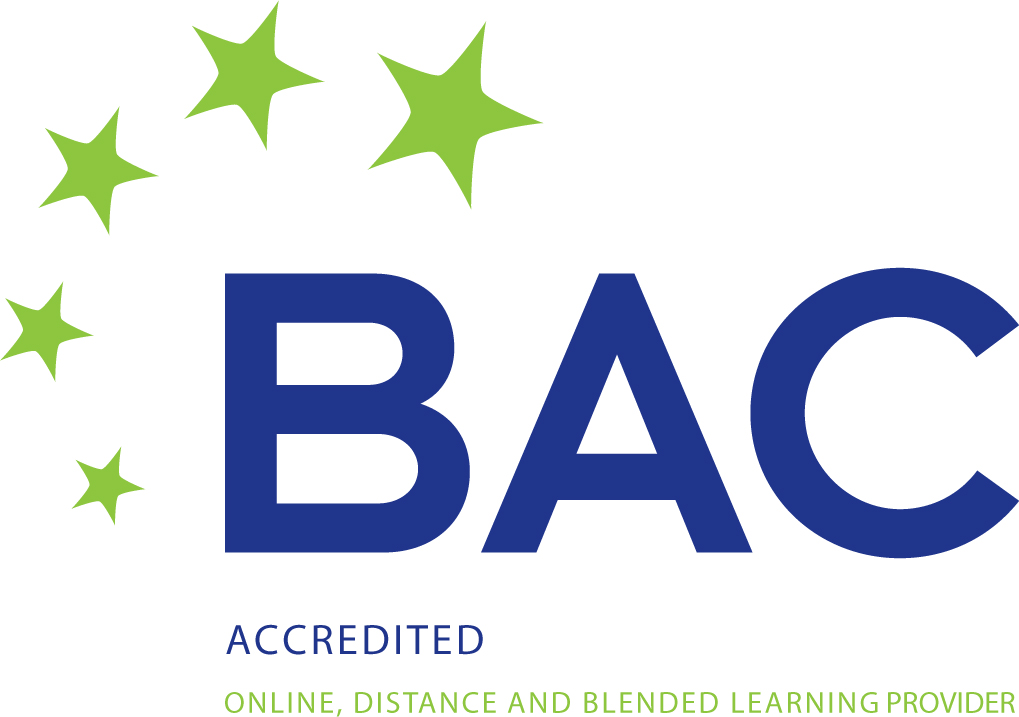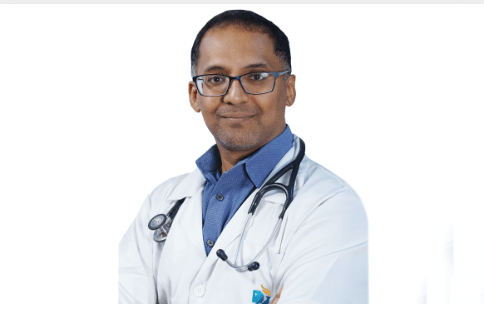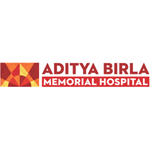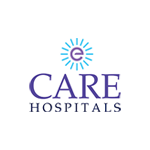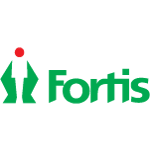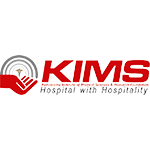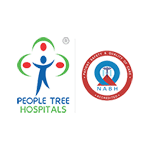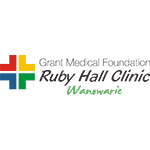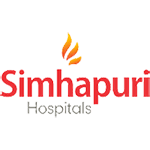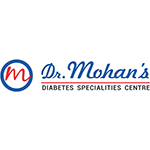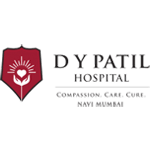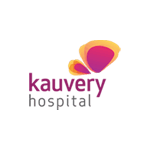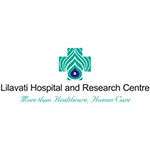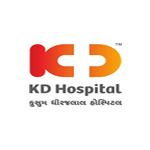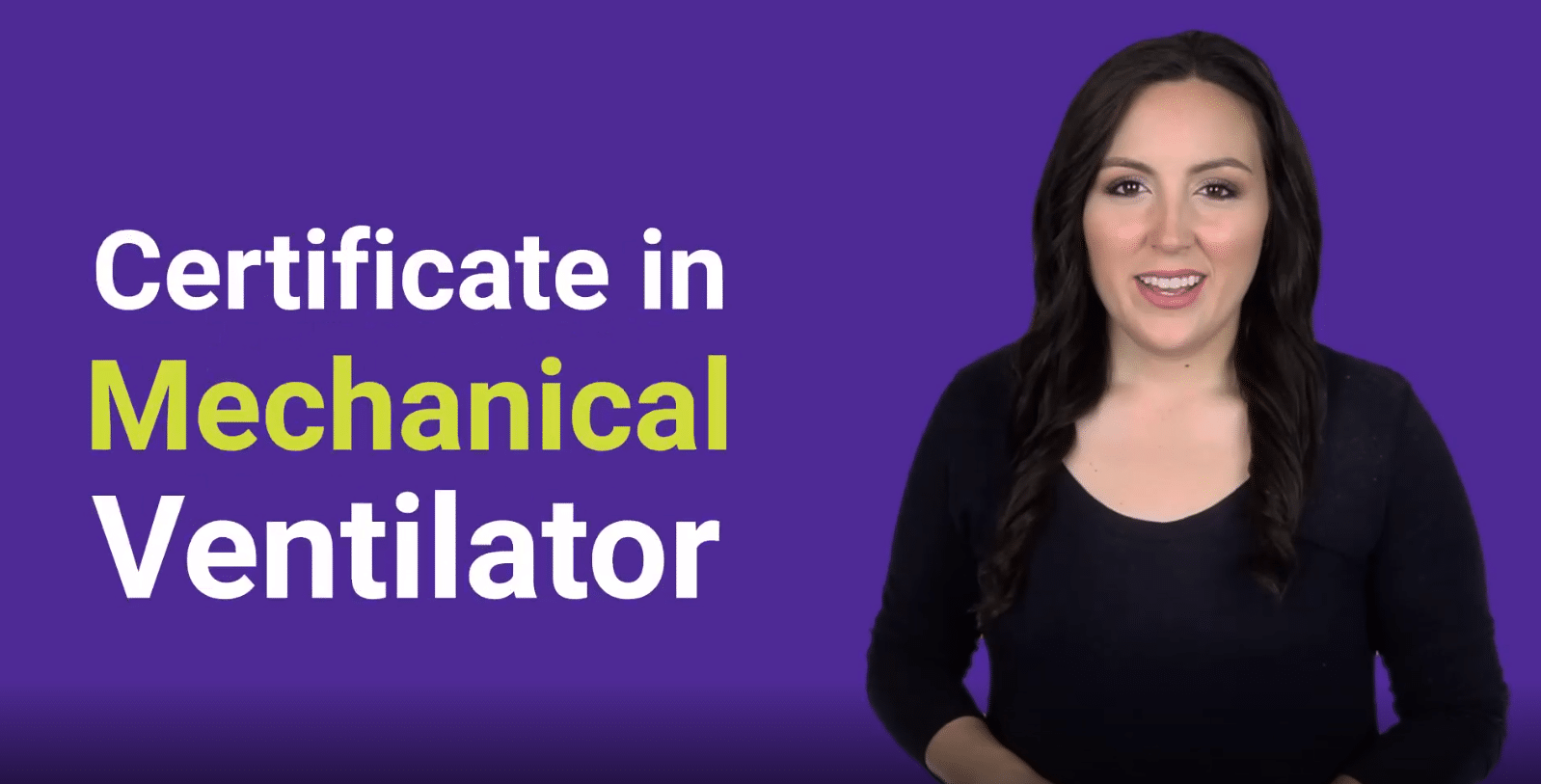
Certificate Course in Mechanical Ventilator
6460- Learn how to use and manage mechanical ventilators
- Understand the problems that can happen with mechanical ventilation and assess the risks
- Learn about advanced ways to monitor lung function during mechanical ventilation for conditions like ARDS, obstructive lung disease, and COVID-19
- Understand different methods of non-invasive ventilation, how to use them, and the possible issues that may arise
- Participate in a one-day workshop where you'll practice using both mechanical and non-invasive ventilation through simulations
 Certificate Course in Mechanical Ventilator
Certificate Course in Mechanical Ventilator
Key Features
-
 Learn how to use and manage mechanical ventilators
Learn how to use and manage mechanical ventilators -
 Understand the problems that can happen with mechanical ventilation and assess the risks
Understand the problems that can happen with mechanical ventilation and assess the risks -
 Learn about advanced ways to monitor lung function during mechanical ventilation for conditions like ARDS, obstructive lung disease, and COVID-19
Learn about advanced ways to monitor lung function during mechanical ventilation for conditions like ARDS, obstructive lung disease, and COVID-19 -
 Understand different methods of non-invasive ventilation, how to use them, and the possible issues that may arise
Understand different methods of non-invasive ventilation, how to use them, and the possible issues that may arise -
Participate in a one-day workshop where you'll practice using both mechanical and non-invasive ventilation through simulations
- Course Duration 2 months
- Next Batch Date
31st Jul 2024
Enquire Now
Course Description
The Certificate Course in Mechanical Ventilator focuses on the principles, operation, and maintenance of mechanical ventilators, which are medical devices used to support or replace the natural breathing function of patients with respiratory insufficiency or failure.
Every year, approximately 5 million patients in India require admission to intensive care units (ICUs) due to serious medical conditions. To ensure these patients receive the best possible care, there is a significant need for 50,000 skilled healthcare professionals who specialize in ICU treatment. One of the essential pieces of equipment in ICUs and emergency departments is the mechanical ventilator, which plays a crucial role in supporting the respiratory function of critically ill patients. The proper mobilization and management of patients on mechanical ventilators requires advanced skills and expertise. It is imperative for all healthcare professionals working in ICUs to possess a solid understanding of mechanical ventilators and adhere to appropriate and safe practices. Proficiency in mechanical ventilation is vital for making informed clinical decisions and providing effective therapy for critically ill patients.
The Certificate Course in Mechanical Ventilatior aims to provide healthcare professionals with comprehensive knowledge and skills in this area. It will introduce you to the different modes of ventilation, enabling you to understand their individual characteristics and applications. You will learn the essential skills required to set up a mechanical ventilator accurately. The course covers the physiology and operational aspects of mechanical ventilators, allowing you to grasp the principles behind their functioning and how they interact with the patient’s respiratory system. Furthermore, you will gain an understanding of the various complications that can arise from mechanical ventilation, equipping you with the ability to effectively identify and manage these risks.
In addition, the Certificate Course in Mechanical Ventilation will delve into advanced monitoring techniques for assessing lung function during mechanical ventilation in specific conditions such as acute respiratory distress syndrome (ARDS), obstructive lung disease, and COVID-19. You will learn about the latest tools and methods used to monitor respiratory parameters and interpret the obtained data to guide treatment decisions. Moreover, the certificate course in mechanical ventilation will cover different methods of non-invasive ventilation, their specific applications, and the potential complications that may occur. This knowledge will enable you to make informed decisions regarding the appropriate use of non-invasive ventilation strategies for patients.
By the end of the Certificate Course in Mechanical Ventilation, you will have gained a comprehensive understanding of mechanical ventilation, allowing you to confidently manage patients on mechanical ventilators and contribute to their optimal care.
Course Validity: 3 months. There will be an extra charge on the extension of the course validity.
*Statutory taxes and levies not included. Taxes will be applied on checkout. Rates may vary based on management discretion.
Course Outline
Module 1: Introduction to Ventilators
-
- Introduction
- Indications for Ventilators
- Parts of a Ventilator (Power source, Controls, Monitor and Safety features)
- Types of Ventilators
Module 2: Modes of Ventilators
-
- Volume Modes – Controlled Mandatory Ventilation, Assisted Mandatory Ventilation, Intermittent Mandatory Ventilation, and Synchronized Intermittent Mandatory Ventilation
- Pressure Modes – Pressure Ventilation Support, Pressure-Controlled/Inverse Ratio Ventilation, and Airway Pressure Release Ventilation
- Additional Modes and Parameters – Inverse Ratio Ventilation, Positive End Expiratory Pressure (PEEP), and Continuous Positive Airway Pressure (CPAP)
Module 3: Physiology of a Ventilator
-
- Mechanism of Ventilator
- Daily Assessment of mechanical ventilated patients
- Setting the ventilator
Module 4: Extubation or Weaning
Module 5: Complications and Risks of a Ventilator
Module 6: Non-invasive Ventilation
Module 7: Ventilation in Serious conditions
-
- ARDS
- Obstructive lung disease
Module 8: Mechanical Ventilation for COVID 19 patients including COVID 19 ARDS Ventilator PEEP Titration Protocol
Course Outline
- Introduction
- Indications for Ventilators
- Parts of a Ventilator (Power source, Controls, Monitor and Safety features)
- Types of Ventilators
- Volume Modes – Controlled Mandatory Ventilation, Assisted Mandatory Ventilation, Intermittent Mandatory Ventilation, and Synchronized Intermittent Mandatory Ventilation
- Pressure Modes – Pressure Ventilation Support, Pressure-Controlled/Inverse Ratio Ventilation, and Airway Pressure Release Ventilation
- Additional Modes and Parameters – Inverse Ratio Ventilation, Positive End Expiratory Pressure (PEEP), and Continuous Positive Airway Pressure (CPAP)
- Mechanism of Ventilator
- Daily Assessment of mechanical ventilated patients
- Setting the ventilator
- ARDS
- Obstructive lung disease
FAQs
- I am an MBBS/BAMS/BUMS/BHMS student. Will this course benefit me?
- You will definitely benefit from this course. While doing your medical course, you will learn an outline about mechanical ventilator. This course is a structured and detailed course on mechanical ventilation that will make you knowledgeable and skilled in setting up a mechanical ventilator, understanding various modes of mechanical ventilator, and learn the complications and risks of a ventilator.
- What is the total duration of the course?
- You are given a 1-month duration to complete it. However, if you spend enough time on the learning materials and clear the assessments, you can finish the course at a faster rate and get the certification.
- Healthcare professionals working in ICU, Physicians (MBBS, AYUSH), Final year medical graduates and interns (MBBS and AYUSH), and intensive care nurses.
- Hands-on training means training in an environment that permits each student to have experience performing tasks, making decisions, or using equipment appropriate to the job assignment for which the training is being conducted. The student assigned for these programs will be observing all procedures performed by the consultant and depending on the student’s abilities and skill set displayed at the hospital, he/she will get to assist the consultant.
- How to access the course material online?
- To access the course, click on kite.medvarsity using the login ID and password provided to you or click on “LOG IN USING YOUR ACCOUNT ON Google” and enter your Email ID: Gmail ID (Only if Gmail ID mentioned in the Application) & Password. In case you don’t have access to login ID and password, write to us at [email protected] & quote your registered email ID.
- What If I am unable to open/access the course?
- Please access the below link AND follow the steps.
support.medvarsity
- Please access the below link AND follow the steps.
| Student Support Team | Operating Hours | ||||||||||
|---|---|---|---|---|---|---|---|---|---|---|---|
|
9 am- 7pm, Mon-Sat (IST) |
||||||||||
- How will the assessments be for course?
- All assessments will be based on online tests.
- What if I am not able to clear the final test in each level in the first attempt?
- You will be given three attempts to clear the tests. If you are not able to clear the final test for the Level in three attempts, you will have to pay re-activation fees. Contact Toll free (1800-103-6006) or write to us at [email protected].
- What if I feel that a question is wrongly framed or an answer is wrongly marked in the online exams?
- If you feel that something is wrongly mentioned, you can write at [email protected], directing it to the academics team.
- What certification will I get at the end of the course?
- Certificate Course in Mechanical Ventilator.
- When will I get my certificate?
- Once you successfully pass each Level, your E-Certificate will be generated in the Learning management system.
- What if I have any concerns regarding the program delivery or what if I have any suggestions to improve the quality of the course?
- For any feedback regarding the course, please write to us at [email protected]

